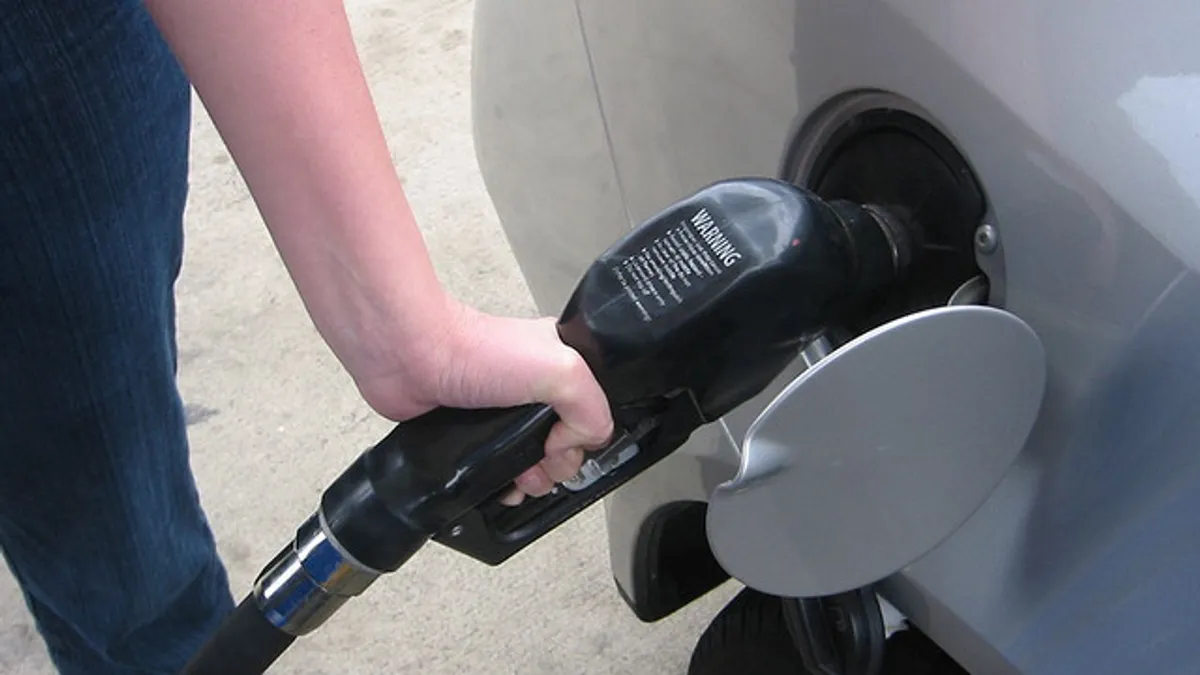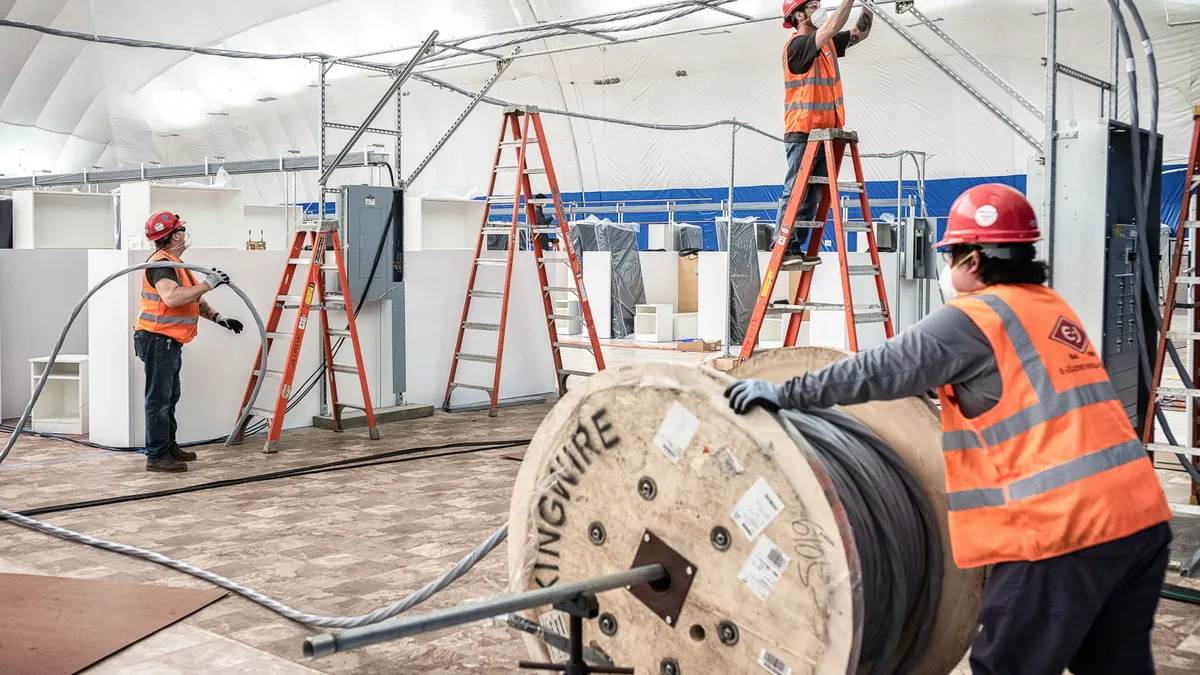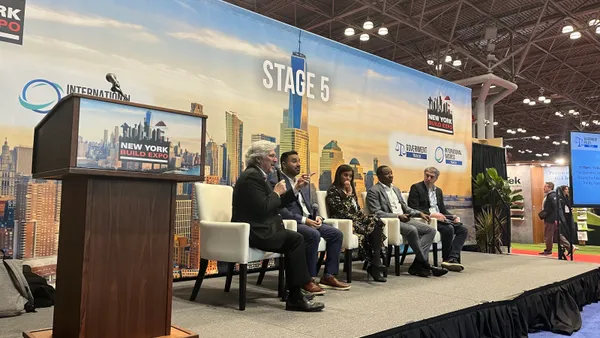Dive Brief:
- Senate Minority Leader Chuck Schumer (D-NY) has come out against the Trump administration's reported proposal to raise the federal gas tax by seven cents as a way of helping to pay for a $1 trillion national program of infrastructure upgrades and repairs, according to the Daily Beast.
- Schumer said he did not want to levy additional taxes against working class Americans but, instead, would rather see taxes from repatriated corporate earnings pay for necessary infrastructure projects.
- Schumer's backing is considered essential for the passage of any infrastructure financing measure and his lack of support for a hike in the gas tax puts it squarely into the category of non-starter. Former Transportation Secretary Ray LaHood called Schumer's position "shortsighted" and said a 10-cent increase in the federal gas tax could raise $5 billion.
Dive Insight:
The federal government now taxes gas at 18.4 cents per gallon and diesel at 24.4 cents. The tax, which funds the Highway Trust Fund's (HTF) state allocations for transportation projects, has not been raised since 1993. According to a report from the Congressional Budget Office, the HTF will run dry in the next 10 years if the gas tax remains the same and if there are no new revenue streams.
States are leading the way in this arena, as many have raised their own gas taxes to pay for infrastructure projects and have seen little pushback from residents after doing so. In fact, Bloomberg published back in July the results of a survey that indicated more than half of Americans would support a federal gas-tax hike as long as their local roads improved. An HNTB poll echoed those sentiments when it found that 75% of Americans favored higher taxes and tolls to pay for infrastructure.
The White House appeared to start leaning toward a public financing solution for infrastructure after the president reportedly told a group of House Democrats that the private sector would not have a significant role in his administration's infrastructure plans.
This position took many by surprise as Trump touted public-private partnerships (P3s) as his preferred method of tackling large projects during the campaign and for his first several months in office, as evidenced in his 2018 budget request. If the White House is backed into a corner and cannot win approval from Congress for a gas-tax increase or some other way to replenish the HTF, however, the P3 option could be its last resort.














